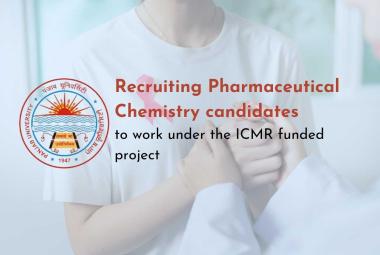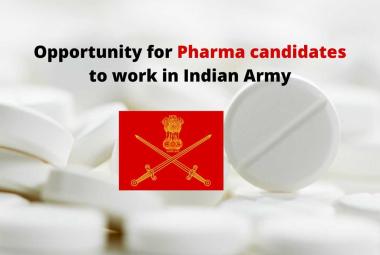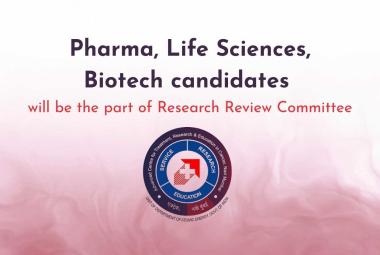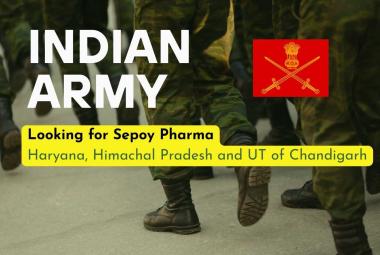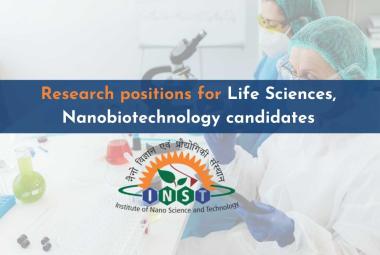The National Pharmaceutical Pricing Authority fixes/revises the price of the Scheduled formulation.
The scheduled formulations are: Atorvastatin + Aspirin Capsule (Atchol-ASP 150), Nifedipine + Lidocaine Cream (LOXHEAL), Pioglitazone + Gliclazide + Metformin Tablet (GLZ Total), Ibuprofen + Paracetamol Tablet (Brufen Plus), Misoprostol Tablet, Glimepiride + Metformin Tablet, Melphalan + Povidone Injection (Melphalan Injection IP 50mg), Trastuzumab Injection, Vitamin D3
(Cholecalciferol) (DRISE SURE), Furosemide Injection, Snake Venom Antiserum-Soluble/ Liquid Polyvalent Injection, and Phenobarbitone oral liquid.


